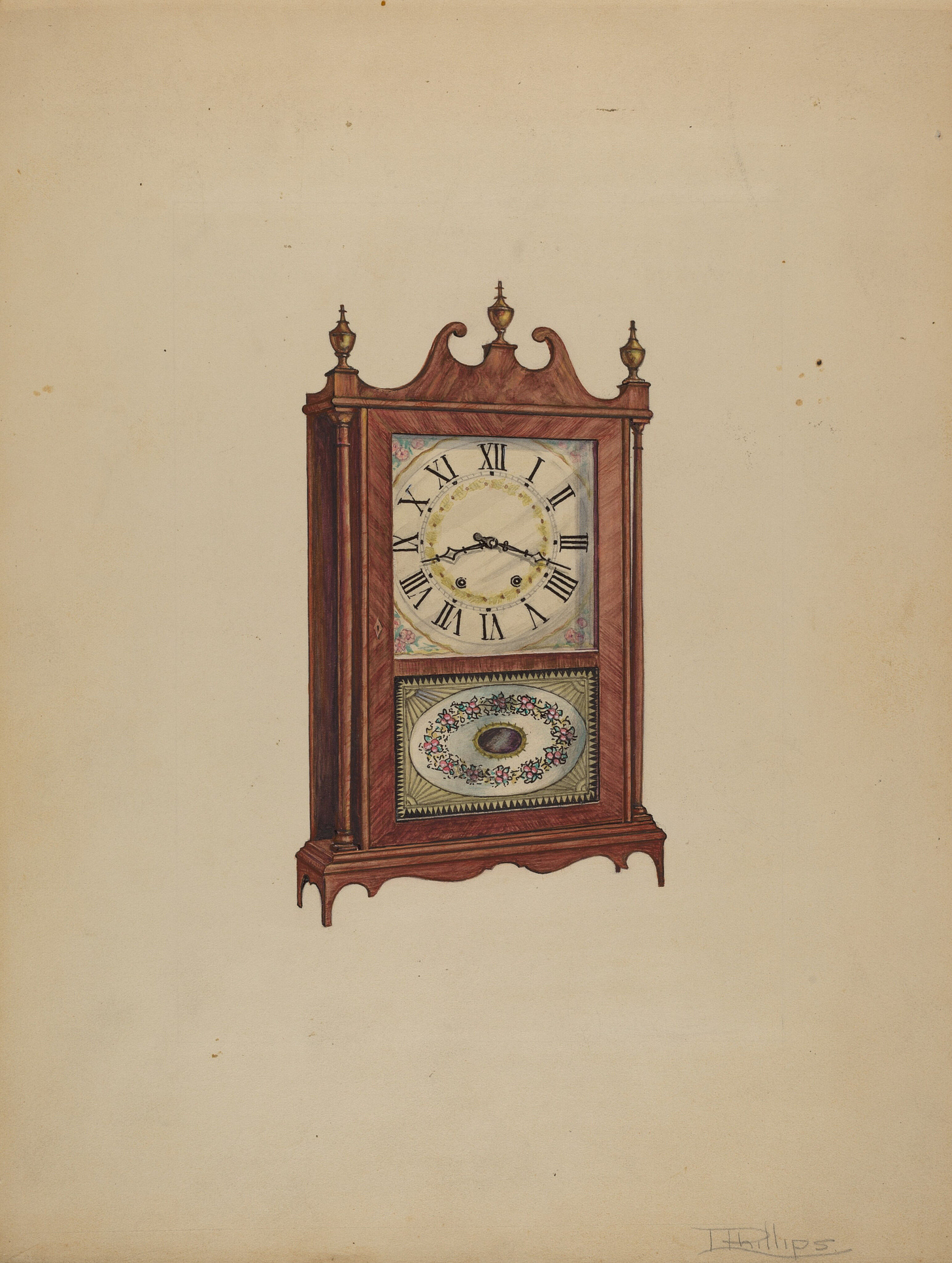Elective Egg Freezing as an Employee Benefit
I am interested in how employer policies shape the family life of employees. I’ve written before about how employer policies regarding health insurance impact families’ ability to have a parent at home caring for kids. Another area where employers can have a big impact is policies designed to keep women in the workforce. One such employer policy that has been in the news lately is coverage for elective egg freezing.
A persistent challenge for many women in the paid workforce is the disconnect between the typical career curve and female fertility. In many careers, employees are expected to work extremely hard when in their 20s and early 30s, and then settle into more established careers in their late 30s and early 40s. Making partner, achieving tenure as a professor, and becoming a doctor all follow this arc. Unfortunately, this is (to some extent) in direct conflict with female fertility. On average, female fertility begins to decrease once a women enters her early 30s, and decreases more rapidly once she reaches 37.
Both female employees and employers have tried various solutions to this conflict between women’s biology and women’s paid work. One such solution is offering elective egg freezing as an employee benefit.
As the New York Times notes in this excellent article, elective egg freezing significantly increased in popularity over the past decade. Originally, egg freezing was generally only offered to women who were trying to preserve their fertility due to a medical crisis. A woman who had to undergo chemotherapy, for example, might opt to freeze her eggs in hopes of using them once her cancer treatment was complete. Egg freezing was not routinely offered to women who wanted to use the procedure to extend their fertility for non-medical reasons.
Then, in 2012, the American Society for Reproductive Medicine said the technology was not “experimental” when used electively. Declaring a medical procedure or technology “non-experimental” can have a significant impact on whether employers cover it. Employer-sponsored health plans typically do not cover “experimental medical treatments.” And, indeed, a number of employers jumped to cover the procedure after the American Society for Reproductive Medicine’s declaration. In 2012, almost no employers covered elective egg freezing for employees. By 2021, 11% of companies did so.
Some women choose to pursue elective egg freezing because they believe it provides “freedom to pursue . . . career without sacrificing . . . parenting prospects.” Egg freezing has been billed as a way for women to advance in their careers while they are younger, and then choose motherhood once they have hit desired career milestones. When Apple and Facebook began offering the benefit, they did so in an attempt to attract female talent.
So, does it work? Does elective egg freezing solve the conundrum between women’s biology and careers? The answer seems to be — more or less — no.
First, elective egg freezing does not really allow women to put their fertility “on hold” while they climb the corporate ladder. The New York Times article referenced above has two amazing statistics:
“[A] small study from 2017 found that only 6 percent of those who froze their eggs between 1999 and 2014 used them to get pregnant.”
“A study published this summer analyzed 15 years of data from 543 patients who froze their eggs at the NYU Langone Fertility Center and found that the overall chance of a live birth from frozen eggs was 39 percent.”
In other words, per these studies, only a few women who froze their eggs went on to use them to try to get pregnant. And of women who did try to get pregnant using frozen eggs, the chance of a live birth was 39% — and the chance of a successful pregnancy decreased in older women. This does not mean, of course, that freezing eggs never results in women having babies later in life. But it certainly does not appear to be a reliable way to significantly extend female fertility.
Second, it does not appear that offering elective egg freezing as a benefit actually is important in recruiting or retaining women. In early January, Forbes reported on a new study that showed “some may interpret egg-freezing benefits as a signal that the company expects them to sacrifice their personal life for work.” The report found:
[E]gg freezing coverage evokes more negative employee attitudes than other policies by signaling greater personal-life sacrifice, as well as fewer benefits to employees and more costs to organizations.
Biology, it turns out, remains a powerful force. Offering elective egg freezing as an employee benefit does not defeat the potential tension between a woman’s career arc and her fertility. Indeed, offering it as a perk may drive some employees away.




